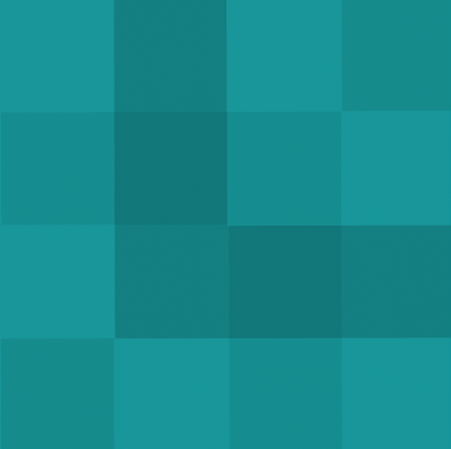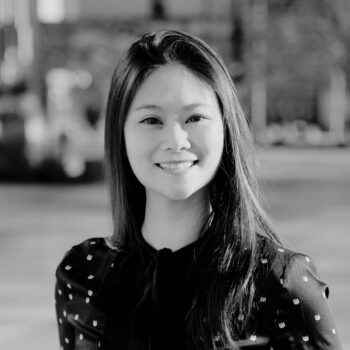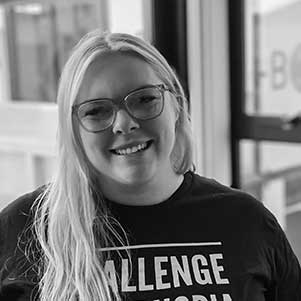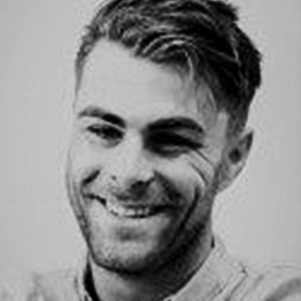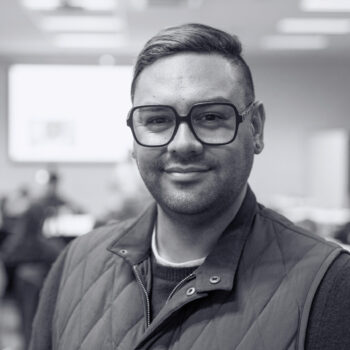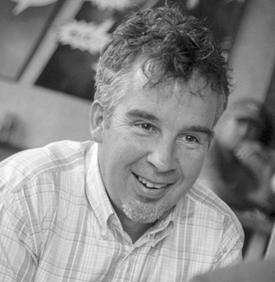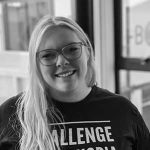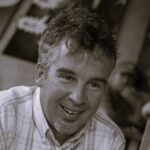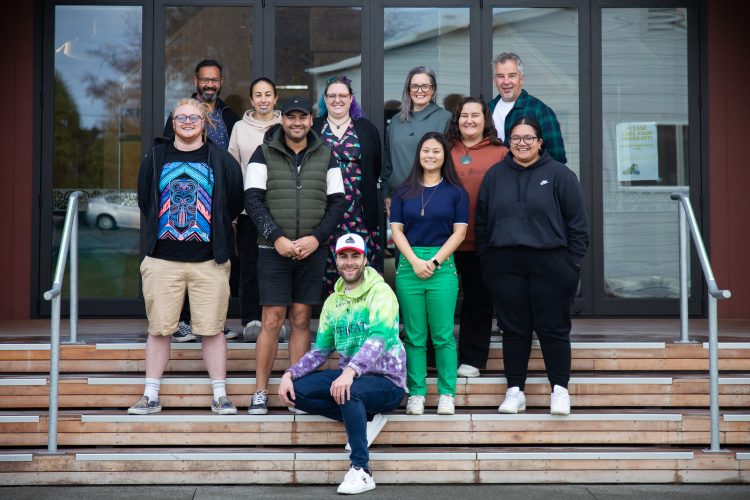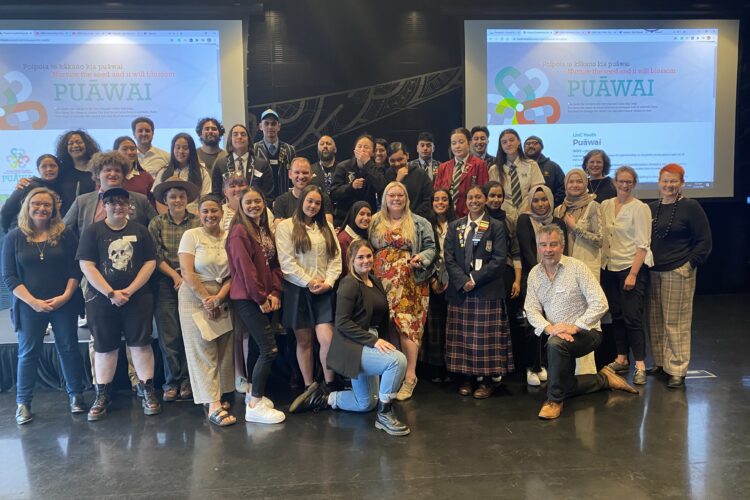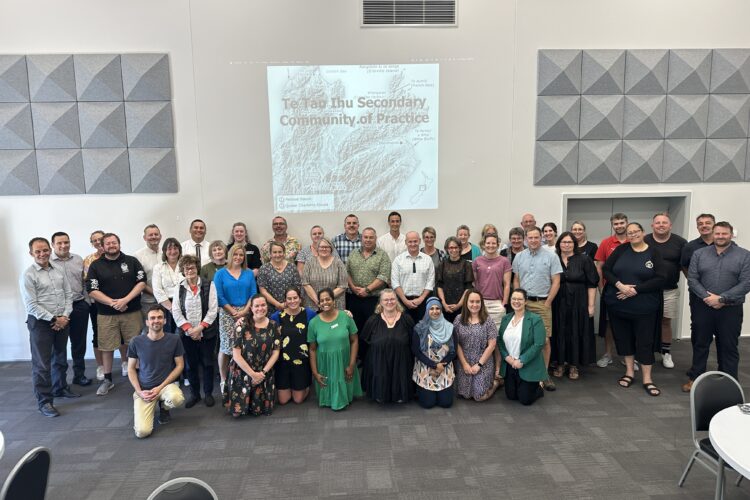Who we are is how we lead...
Puāwai DIY
What is Puāwai DIY?
Puāwai DIY supports communities by offering a series of regional training hui throughout Aotearoa, based on the learnings from the Puāwai programme over the last six years. We are also available to provide mentoring for community leaders and professionals to assist them in developing and enhancing their own programmes with rangatahi.
 Puāwai DIY is a project that aims to support communities around Aotearoa in developing and strengthening their work alongside rangatahi in their communities. Leadership Lab has designed and implemented the Puāwai programme for 6 years – during this time, we have learnt a huge amount about working with rangatahi with a focus on strengthening identity. The vision of Puāwai DIY is to share this learning with other communities and rangatahi-focused programmes- ie DIY Do it yourself:)
Puāwai DIY is a project that aims to support communities around Aotearoa in developing and strengthening their work alongside rangatahi in their communities. Leadership Lab has designed and implemented the Puāwai programme for 6 years – during this time, we have learnt a huge amount about working with rangatahi with a focus on strengthening identity. The vision of Puāwai DIY is to share this learning with other communities and rangatahi-focused programmes- ie DIY Do it yourself:)
What is Puāwai?
Puāwai is a six-month experience for approximately 40 rangatahi/young people aged 15-18 designed to connect and develop a diverse network of “potential leaders, innovators, disruptors, drivers” and help them develop real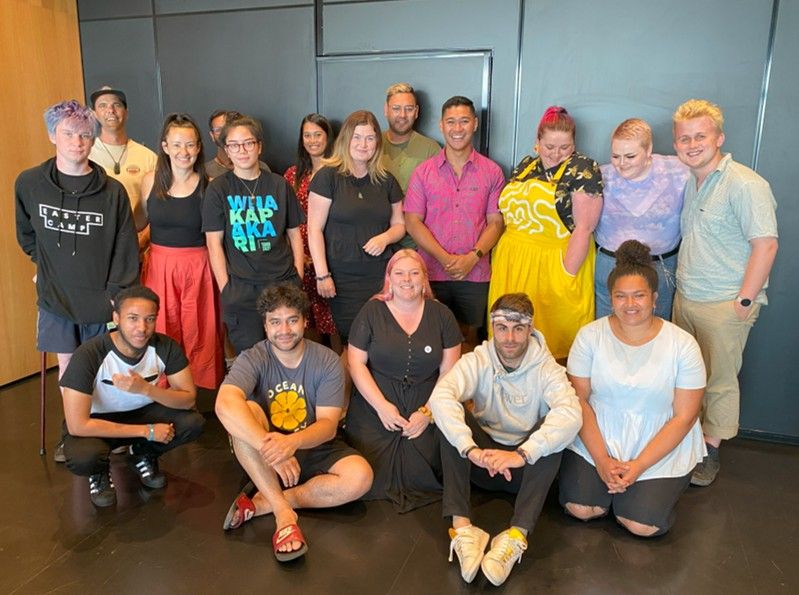 skills, knowledge. Leadership Lab has been implementing Puāwai for six years with over 300 rangatahi
skills, knowledge. Leadership Lab has been implementing Puāwai for six years with over 300 rangatahi
The focus of Puāwai is to;
• Connect with others to network, innovate and create change
• Develop real skills, knowledge and confidence with a focus on strengths and knowing who you are
• Provide opportunities for rangatahi from diverse communities, informed by kaupapa Māori principles
Puāwai Expressions of Interest Flyer
Puāwai is for rangatahi who have already demonstrated their involvement within their whānau, friend group, school or community but are not yet recognised for their mahi (efforts). This would include young people who want to grow their skills and gain experience but have not yet received leadership development opportunities due to discrimination or marginalisation.
• Receive Strengths Coaching on their Top 5 Strengths
• Attend a two-day wānanga of workshops, experiences, networking and leadership
• Design and facilitate a youth-led Activator project
Rangitahi who join the programme will be supported by a tuākana (mentor) from their own community
Tell me about the Puāwai DIY workshops
“Who we are is how we lead” Workshop#1-Whāngarei (SAMPLE)
Registration & Information about upcoming events here
Purpose:
- supporting local communities around Aotearoa to develop and strengthen their work alongside rangatahi in their community.
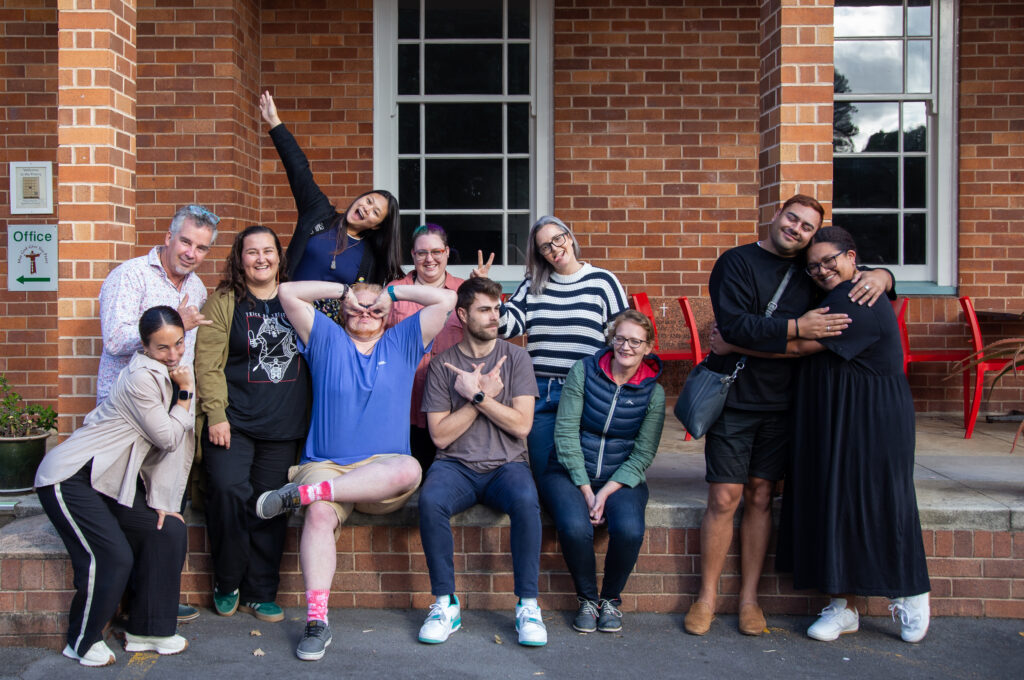
- equipping leaders to design new programmes and fine-tuning existing programmes to strengthen their focus on building identity in the rangatahi they work alongside
- developing self-reflection that “Who we are is how we lead“.
- Extending the sharing that the Leadership Lab Puāwai and Te Whāriki teams have been doing for the last 2 years at national events such as Festival of the Future, Allyshift and the Involve Conference,
Format:
- Two x one day hui (or one two-day workshop TBC)
- Sign up for the 1st hui and then follow up with another 1-day hui later
- Participants apply their learning in their mahi in between hui
- Online pre-sessions and online sessions between workshops
- Hosted by local youth network partners in each centre
Venues and partners:
- Core partner: Ara Taiohi- consider offering this in the second half of 2026 after the Ara Taiohi road trip is completed
- Whāngarei (with Northland Te Ora Hou)
- Tāmaki Makaurau (with ??)
- Kirikiriroa (with Seeds Waikato)
- Ahururi/Hastings or Gisborne (with Gwyn etc?)
- Poneke (with ?)
- Whakatū/Nelson (with ?)
- Ōtautahi (with Rerenga Awa)
- Otepoti (with ?)
Audience
- Tuakana and Rangatahi – young people who are potentially interested in Puāwai in their region
- Professionals working with rangatahi – youth workers, teachers, community workers, health professionals, social workers, coaches, etc.
Hui Content
- Puāwai whakapapa (how it was birthed? What’s unique about it? What have we learnt over 6 years of implementation?)
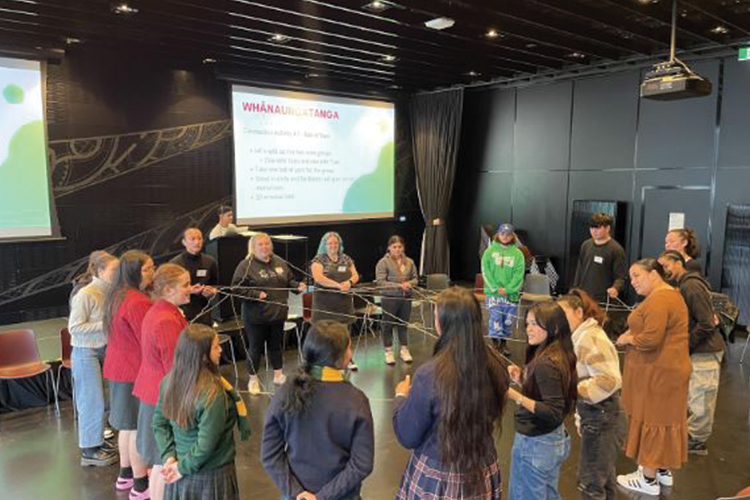
- Identity and intersectionality (Ko wai au?, Identity Poetry, Window to our world, etc)
- Power and privilege wheel (both Ara Taiohi journal version and rangatahi version)
- Strength coaching with rangatahi (adapting this approach to connect and validate rangatahi)
- Standing strong in our kawa – boundaries and inclusion (ethics, boundaries, psychological safety, managing risk)
- Facilitation of safe and engaging sessions (Facilitation Flow, Paulo Freire,
- Impact storytelling (weaving rangatahi and tuakana narratives, developmental evaluation)
- Designing rangatahi-led activator events (Puāwai activators, scaffolding and poutama, co-design with rangatahi, etc)
- Leadership development of tuakana (dual outcomes, ie rangatahi and tuakana, providing pathways for alumni and tuakana to repeat with more responsibility, etc)
- Mosaic tool (Ara Taiohi) and practice note update re polarisation focus
- etc
Who we are is how we lead...
Puāwai DIY
What is Puāwai DIY?
Puāwai DIY supports communities by offering a series of regional training hui throughout Aotearoa, based on the learnings from the Puāwai programme over the last six years. We are also available to provide mentoring for community leaders and professionals to assist them in developing and enhancing their own programmes with rangatahi.
 Puāwai DIY is a project that aims to support communities around Aotearoa in developing and strengthening their work alongside rangatahi in their communities. Leadership Lab has designed and implemented the Puāwai programme for 6 years – during this time, we have learnt a huge amount about working with rangatahi with a focus on strengthening identity. The vision of Puāwai DIY is to share this learning with other communities and rangatahi-focused programmes- ie DIY Do it yourself:)
Puāwai DIY is a project that aims to support communities around Aotearoa in developing and strengthening their work alongside rangatahi in their communities. Leadership Lab has designed and implemented the Puāwai programme for 6 years – during this time, we have learnt a huge amount about working with rangatahi with a focus on strengthening identity. The vision of Puāwai DIY is to share this learning with other communities and rangatahi-focused programmes- ie DIY Do it yourself:)
What is Puāwai?
Puāwai is a six-month experience for approximately 40 rangatahi/young people aged 15-18 designed to connect and develop a diverse network of “potential leaders, innovators, disruptors, drivers” and help them develop real skills, knowledge. Leadership Lab has been implementing Puāwai for six years with over 300 rangatahi
skills, knowledge. Leadership Lab has been implementing Puāwai for six years with over 300 rangatahi
The focus of Puāwai is to;
• Connect with others to network, innovate and create change
• Develop real skills, knowledge and confidence with a focus on strengths and knowing who you are
• Provide opportunities for rangatahi from diverse communities, informed by kaupapa Māori principles
Puāwai Expressions of Interest Flyer
Puāwai is for rangatahi who have already demonstrated their involvement within their whānau, friend group, school or community but are not yet recognised for their mahi (efforts). This would include young people who want to grow their skills and gain experience but have not yet received leadership development opportunities due to discrimination or marginalisation.
• Receive Strengths Coaching on their Top 5 Strengths
• Attend a two-day wānanga of workshops, experiences, networking and leadership
• Design and facilitate a youth-led Activator project
Rangitahi who join the programme will be supported by a tuākana (mentor) from their own community
Tell me about the Puāwai DIY workshops
“Who we are is how we lead” Workshop#1-Whāngarei (SAMPLE)
Registration & Information about upcoming events here
Purpose:
- supporting local communities around Aotearoa to develop and strengthen their work alongside rangatahi in their community.

- equipping leaders to design new programmes and fine-tuning existing programmes to strengthen their focus on building identity in the rangatahi they work alongside
- developing self-reflection that “Who we are is how we lead“.
- Extending the sharing that the Leadership Lab Puāwai and Te Whāriki teams have been doing for the last 2 years at national events such as Festival of the Future, Allyshift and the Involve Conference,
Format:
- Two x one day hui (or one two-day workshop TBC)
- Sign up for the 1st hui and then follow up with another 1-day hui later
- Participants apply their learning in their mahi in between hui
- Online pre-sessions and online sessions between workshops
- Hosted by local youth network partners in each centre
Venues and partners:
- Core partner: Ara Taiohi- consider offering this in the second half of 2026 after the Ara Taiohi road trip is completed
- Whāngarei (with Northland Te Ora Hou)
- Tāmaki Makaurau (with ??)
- Kirikiriroa (with Seeds Waikato)
- Ahururi/Hastings or Gisborne (with Gwyn etc?)
- Poneke (with ?)
- Whakatū/Nelson (with ?)
- Ōtautahi (with Rerenga Awa)
- Otepoti (with ?)
Audience
- Tuakana and Rangatahi – young people who are potentially interested in Puāwai in their region
- Professionals working with rangatahi – youth workers, teachers, community workers, health professionals, social workers, coaches, etc.
Hui Content
- Puāwai whakapapa (how it was birthed? What’s unique about it? What have we learnt over 6 years of implementation?)

- Identity and intersectionality (Ko wai au?, Identity Poetry, Window to our world, etc)
- Power and privilege wheel (both Ara Taiohi journal version and rangatahi version)
- Strength coaching with rangatahi (adapting this approach to connect and validate rangatahi)
- Standing strong in our kawa – boundaries and inclusion (ethics, boundaries, psychological safety, managing risk)
- Facilitation of safe and engaging sessions (Facilitation Flow, Paulo Freire,
- Impact storytelling (weaving rangatahi and tuakana narratives, developmental evaluation)
- Designing rangatahi-led activator events (Puāwai activators, scaffolding and poutama, co-design with rangatahi, etc)
- Leadership development of tuakana (dual outcomes, ie rangatahi and tuakana, providing pathways for alumni and tuakana to repeat with more responsibility, etc)
- Mosaic tool (Ara Taiohi) and practice note update re polarisation focus
- etc

